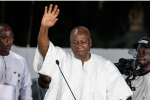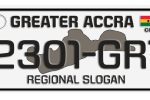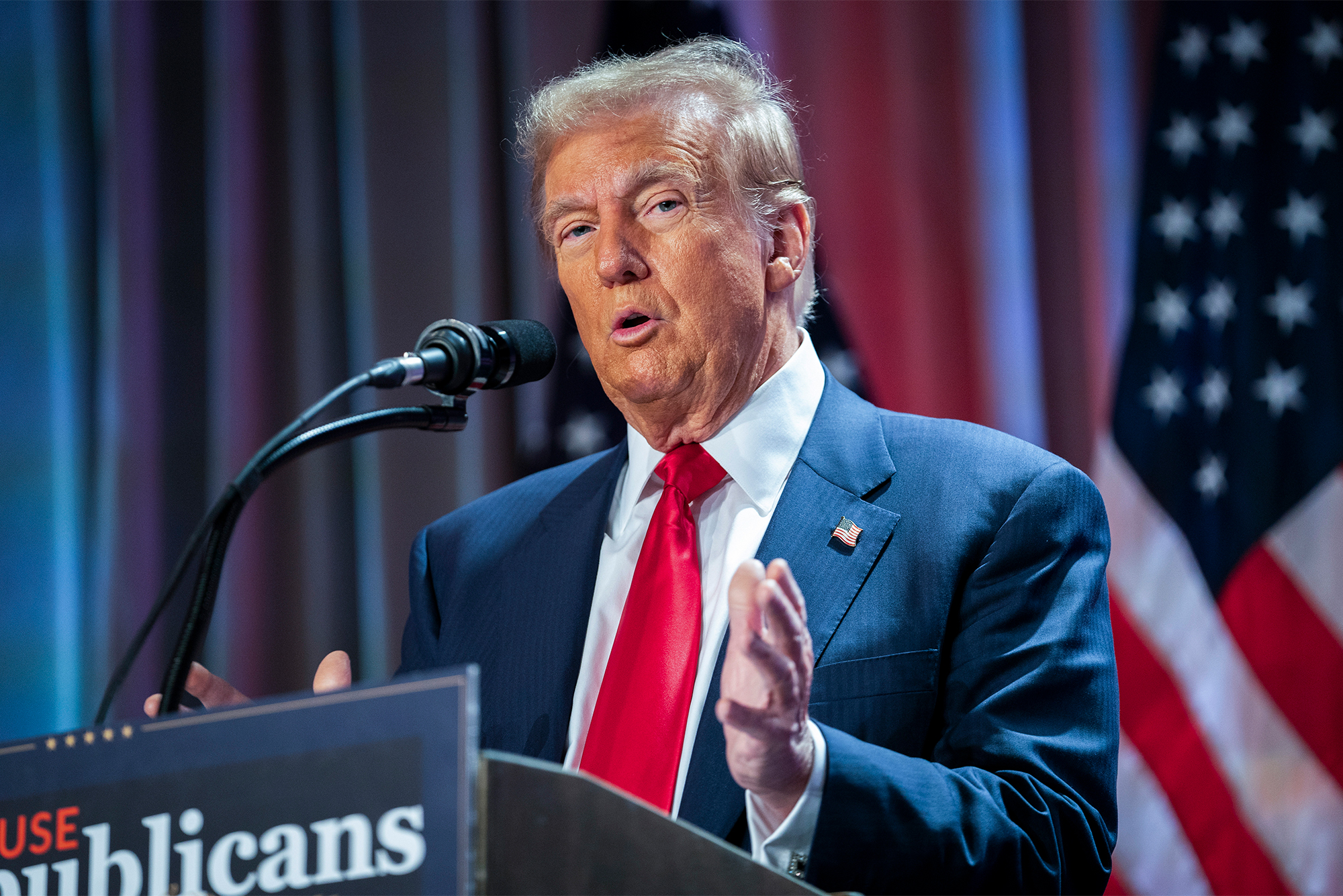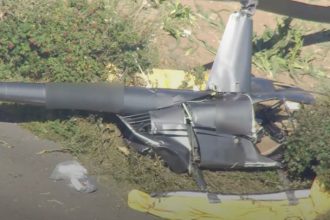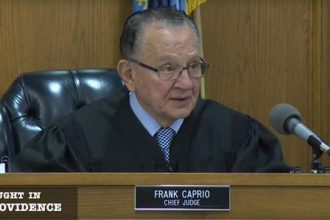In a tense courtroom session on July 31, 2025, a panel of federal appeals judges sharply questioned the Trump administration’s legal basis for imposing sweeping tariffs under emergency powers. The hearing, held at the U.S. Court of Appeals for the Federal Circuit in Washington, D.C., focused on whether the International Emergency Economic Powers Act (IEEPA)—a 1977 law typically used for sanctions—legally supports the president’s authority to levy tariffs2.
President Trump had invoked IEEPA earlier this year to impose tariffs on countries including China, Canada, and Mexico, citing the fentanyl crisis and trade imbalances as national emergencies. The administration later expanded the tariffs globally, introducing a 10% baseline rate with higher duties for certain nations.
However, judges expressed skepticism. Judge Jimmie Reyna noted that IEEPA “doesn’t mention the word tariffs anywhere,” while Judge Timothy Dyk questioned whether Congress ever intended to give the president such sweeping economic control2. The court emphasized that allowing a president to bypass traditional trade laws by simply declaring an emergency could undermine decades of legislative work.
The case stems from lawsuits filed by five small businesses and 12 Democratic-led states, arguing that the tariffs violate constitutional limits and exceed presidential authority under IEEPA. A lower court previously ruled against the administration, but the Federal Circuit allowed the tariffs to remain in effect pending appeal.
Legal analysts expect the case to eventually reach the Supreme Court, where it could redefine the boundaries of executive power in trade policy.
Would you like this turned into a blog post, podcast script, or infographic? I can tailor it to fit your platform.

